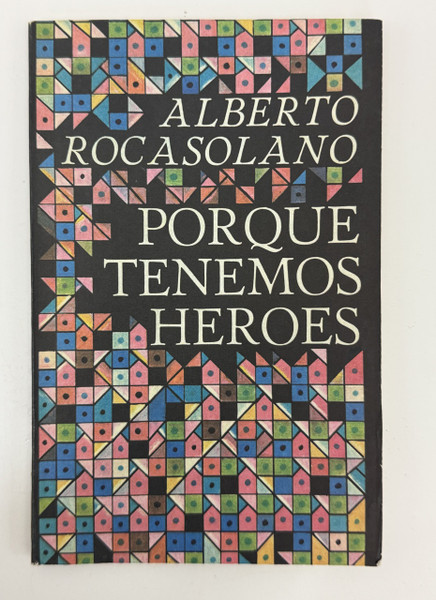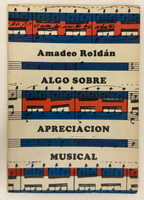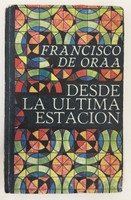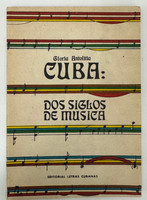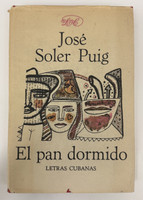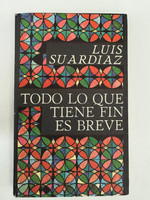- Travel
-
Exhibits
- José Fuster
- La Portada Cubana
- Immortal Cuba: Artists Take on Their Heroes
- Seattle Poster Exhibit
- Sandra Dooley & Alejandrina Cué
- The Art of Wayacón
- Cuban Folk Art
- Cuba In Black And White
- 25 Years of Cuban Art Space
- Summer Folk Art Expo
- ¡SPRING AWAKENING FROM CUBA!
- Celebrating The Art Of Cuban Women
- Celebrating Paper, Affordable Art from Cuba
- Art of the Revolution
- Outsider Art
- Lost and Found
- En la lucha: Celebrating Cuban Women and Their Art
- Cuban Art Stash
- 100 Fires: 5 Cienfuegos Artists' Work on Paper
- Waya + Monte! Magic Realism in Cienfuegos
- Viva Cuba Viva! Poster Show
- Cultivando Sueños
- Black Lives Matter in Cuba Jan 9-March 27
- Leandro Soto: Crónicas visuales
- Cuban Canvas
-
Archive
- Global Reflection 2018: Spirit and Community
- Exhibit in the cloud: Contemporary Works on Paper
- MADE IN CUBA! MINNEAPOLIS EXHIBIT
- Cuban Posters and Photography from CCS collection
- AUTUMN SALE! Sept/Oct 2017
- SPRING ARTS AND CRAFT SALE
- Vuelo Directo/Non Stop: Alberto & Alejandro Lescay
- The Many Faces of Fidel
- Somos
- Made in Cuba!
- The US empire in Cuban graphics
- Made in Cuba/Seattle exhibit
- Entre Nos
- Looking Back
- Cuban Art Space
- Membership/Donate
- About Us
- Cuba News
-
The dust jacket of "Porque tenemos héroes" (Because We Have Heroes) showcases Raúl Martínez's exuberant geometric design featuring a vibrant mosaic of squares and triangles in pink, blue, green, orange, yellow, and turquoise, each element adorned with circular dots, creating a celebratory folk-art aesthetic against a black background. The pattern forms an ornamental border that frames both the title text and the author's photograph on the back cover, evoking traditional Cuban tile work and textile patterns while maintaining a distinctly modernist sensibility. This decorative approach reflects the collection's themes of patrimony, memory, and national identity, transforming the book into a visual celebration of Cuban cultural heritage. The design demonstrates Martínez's versatility in adapting his graphic vocabulary to different literary contexts—here employing warmth and accessibility rather than his characteristic pop art boldness.
Published in the prestigious Giraldilla series by Editorial Letras Cubanas in March 1982 during the "Año 24 de la Revolución," this poetry collection addresses lived experiences, memories, and history with straightforward simplicity. The volume explores themes of homeland and daily struggles, achieving fluid communication between poet and reader. Rocasolano's work speaks indisputably about experiences, memories, the future, and history—particularly songs to the patria and everyday confrontations treated in accessible yet profound verse. The book opens with an epigraph from José Jacinto Milanés: "Hijo de Cuba soy: a ella me liga un destino potente, incontrastable" (I am a son of Cuba: to her binds me a powerful, insurmountable destiny), establishing the collection's exploration of national identity and historical consciousness.
Alberto Rocasolano (b. 1932, Bijarú, Holguín) published four previous poetry collections: "Diestro en soledades y esperanzas" (1967), which received an honorable mention in the UNEAC's 1966 Julián del Casal Competition; "A cara y cruz" (1970); "Es 16 humanos" (1976); and "En buenas manos" (1978). By 1982, he had several unpublished manuscripts. His poetry addresses patriotic themes and daily life with directness and emotional resonance, positioning him within the generation of post-revolutionary Cuban poets committed to accessible, socially engaged verse. The book was printed at Establecimiento 08 "Mario Reguera Gómez" in Havana.
-
-
Discover More at the Center for Cuban Studies

